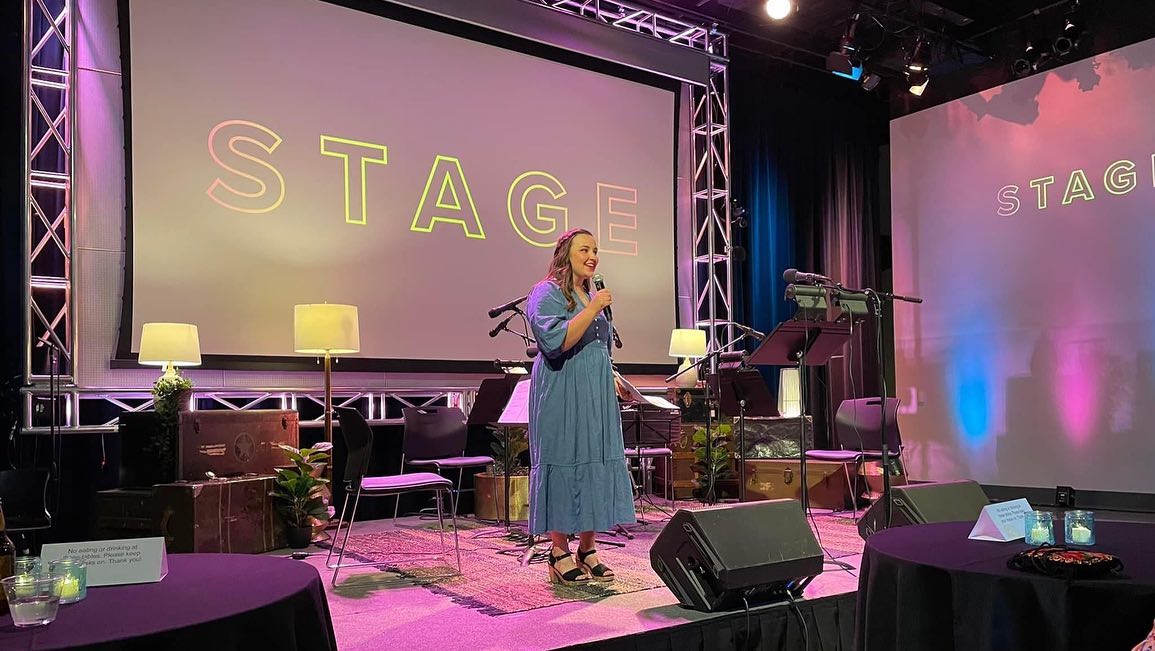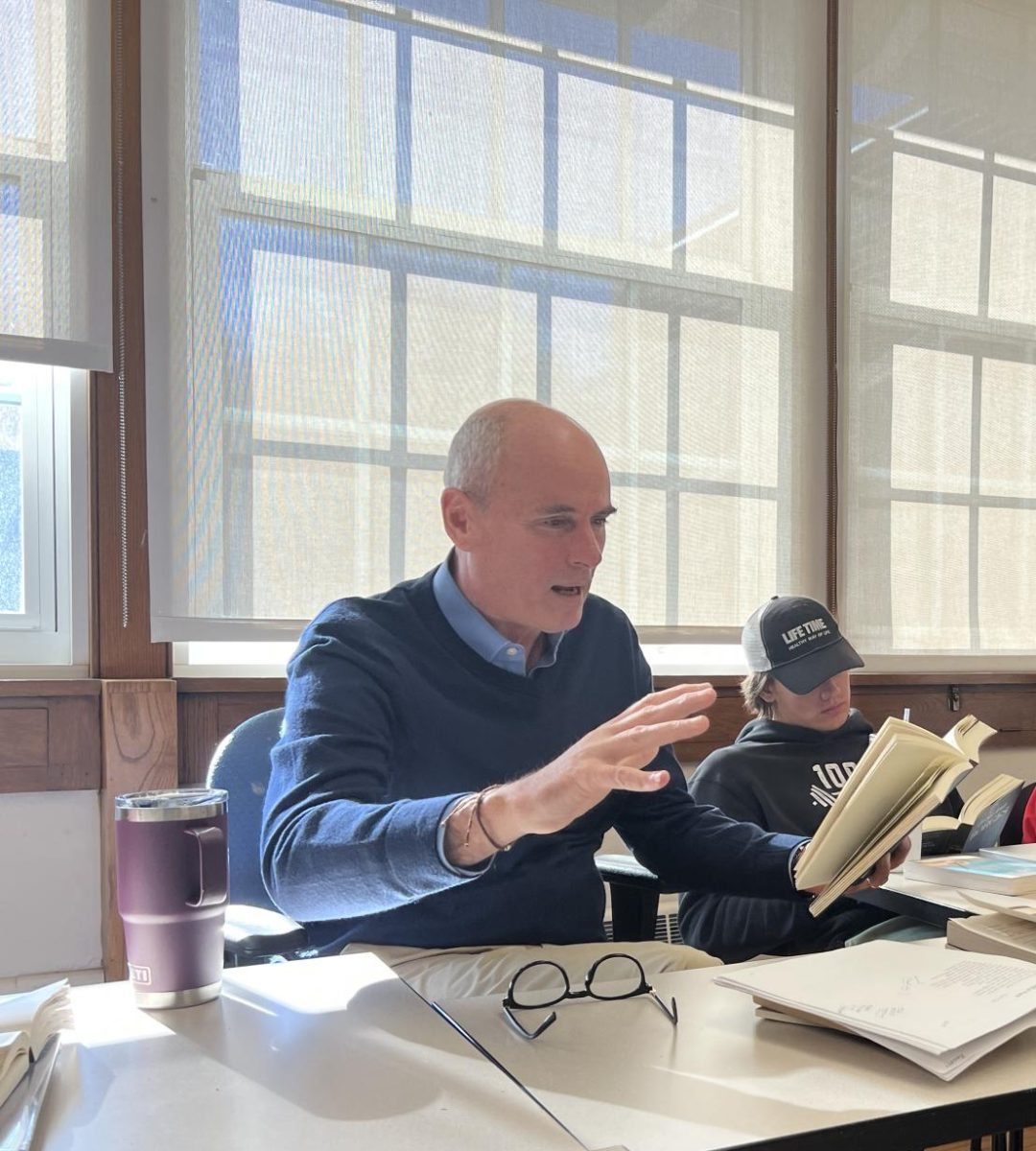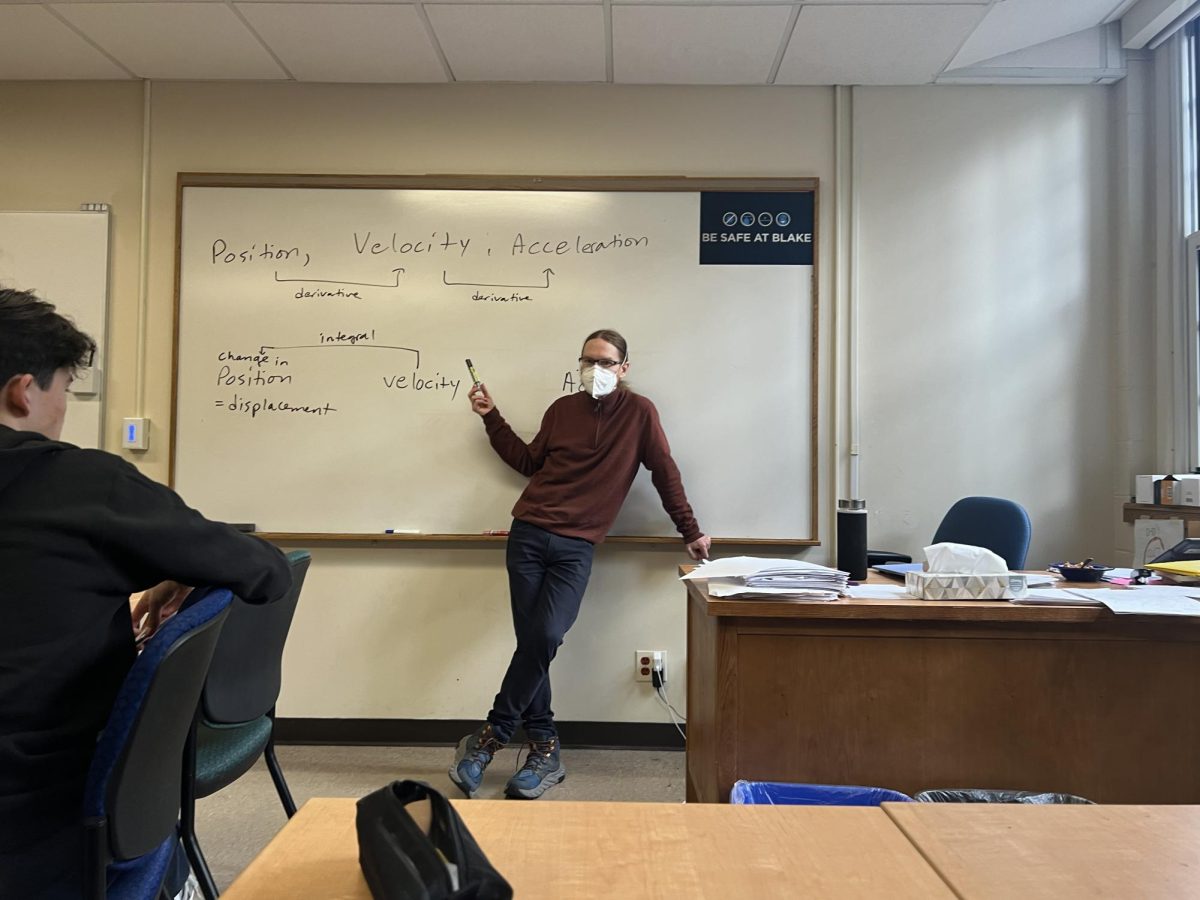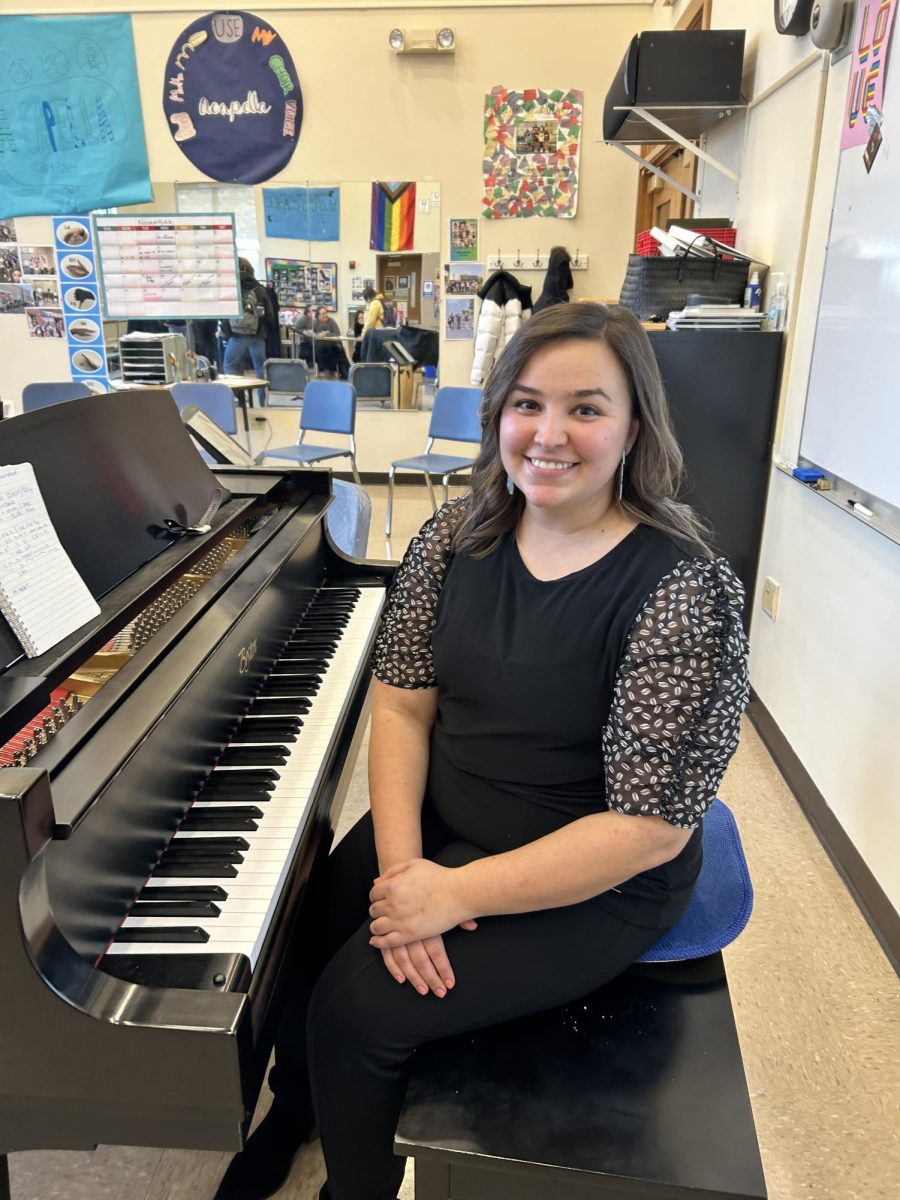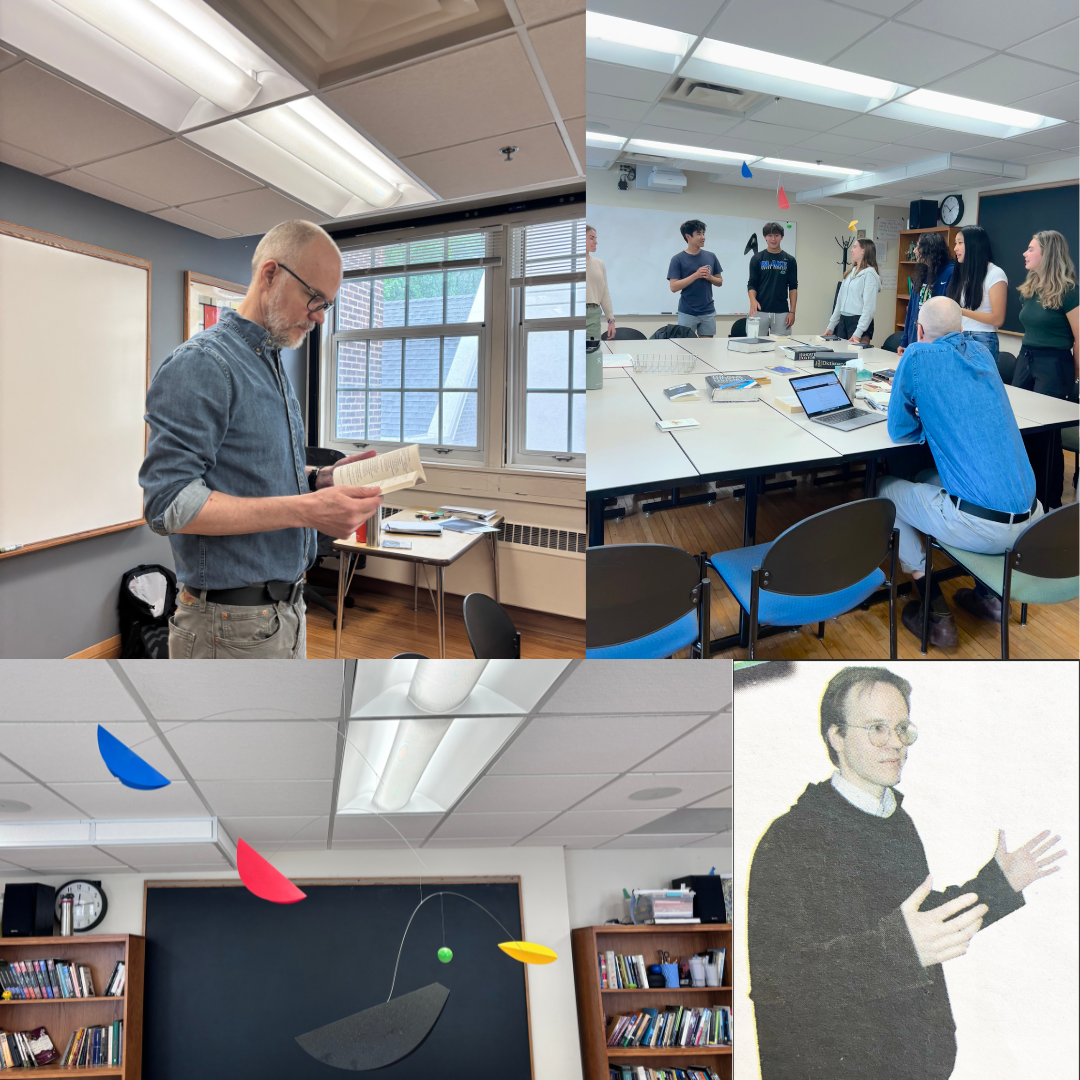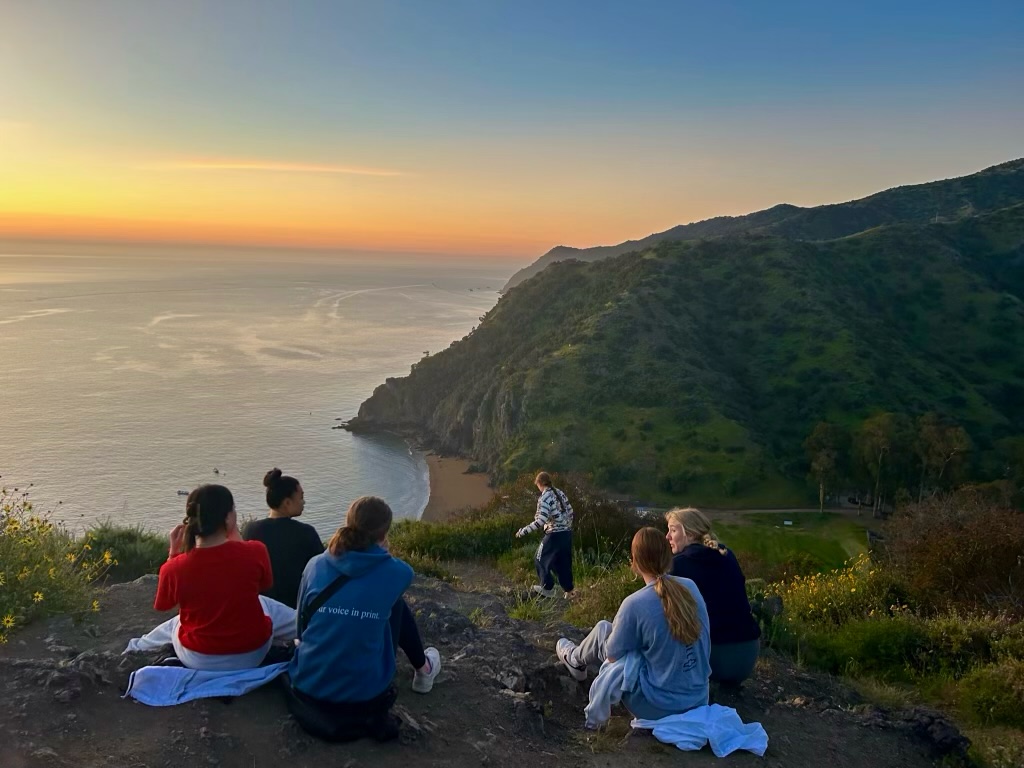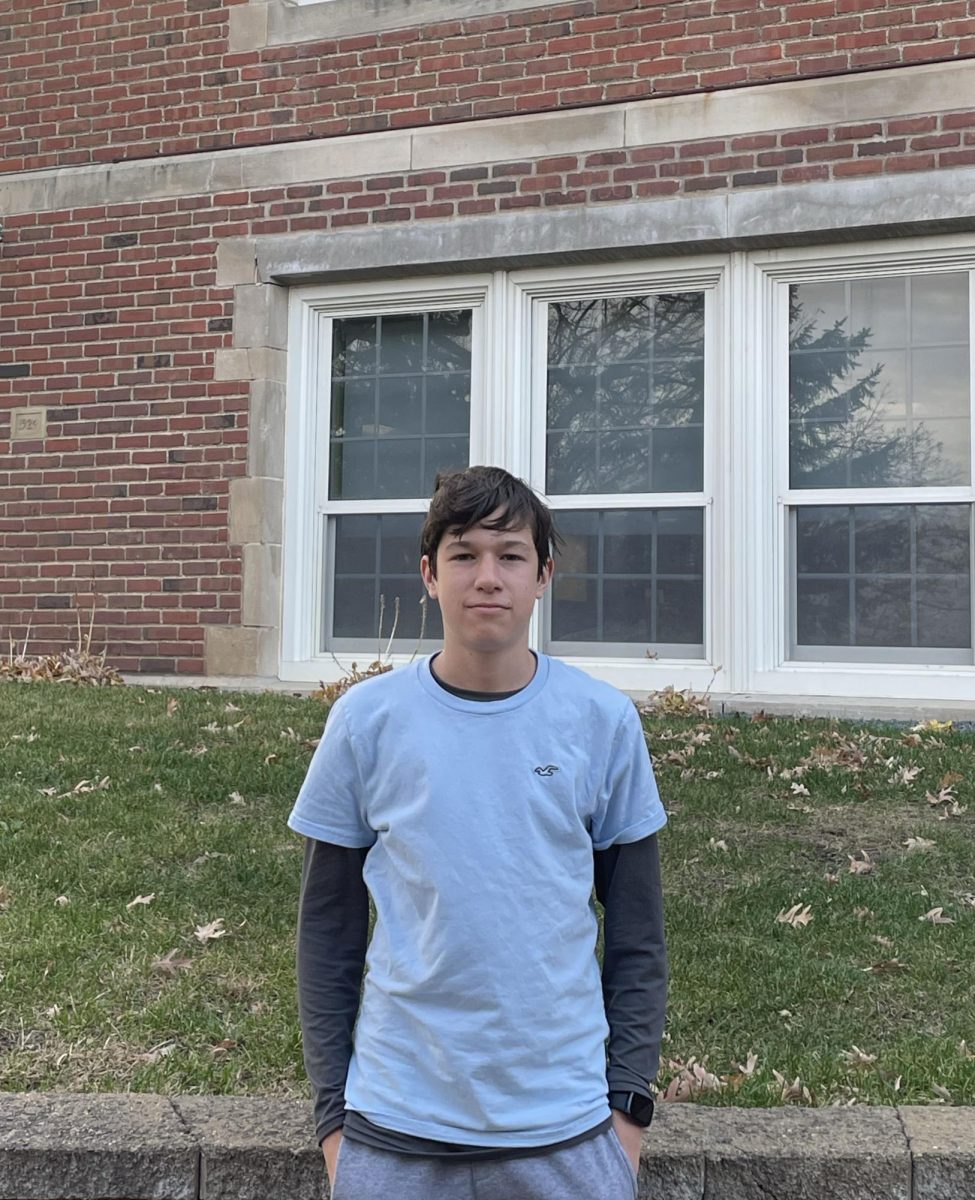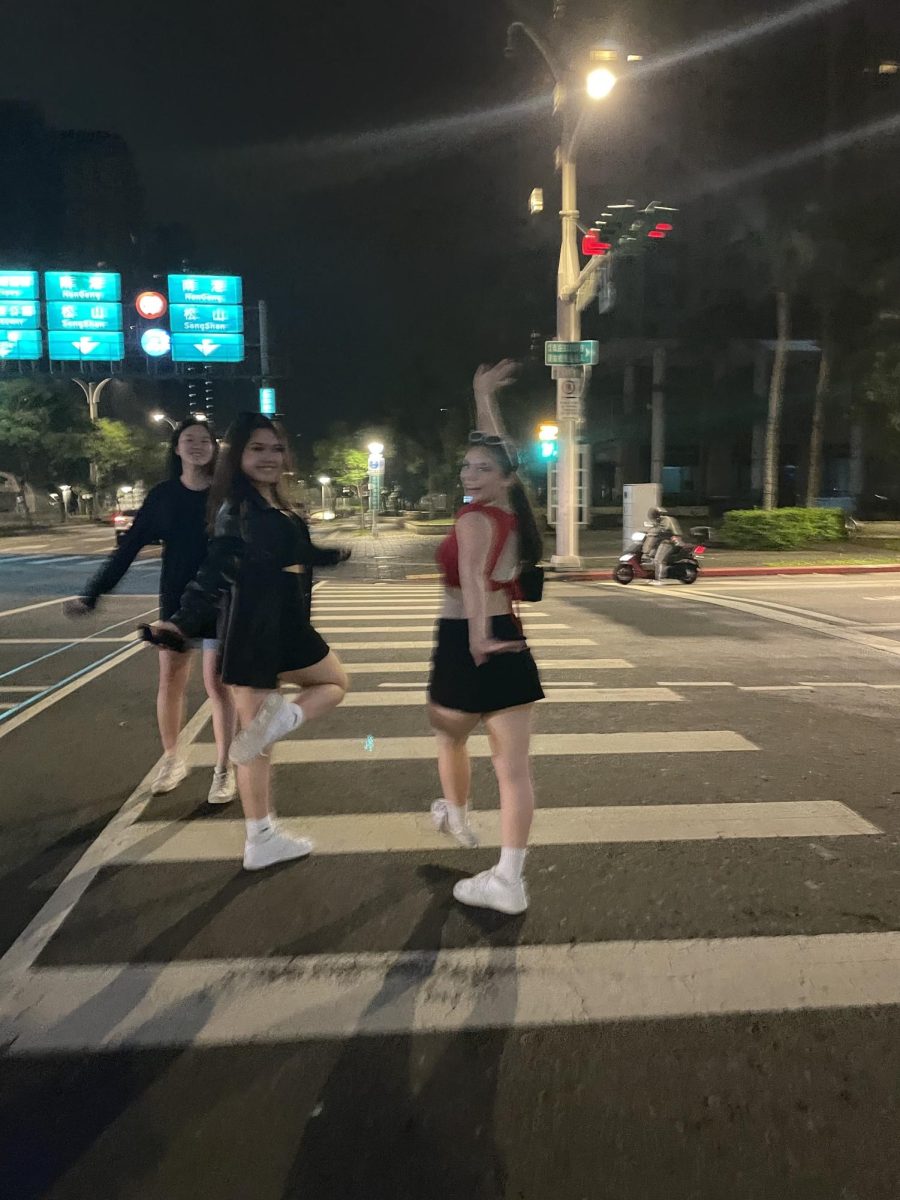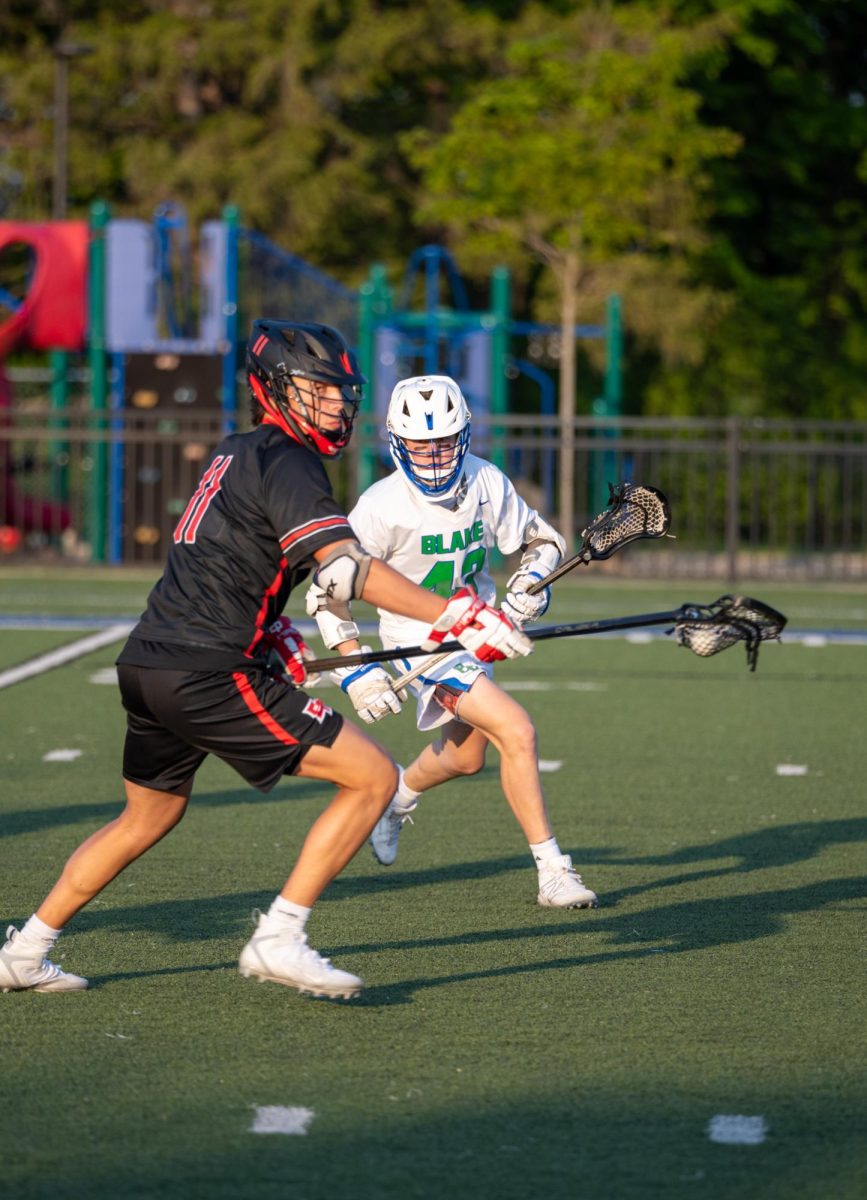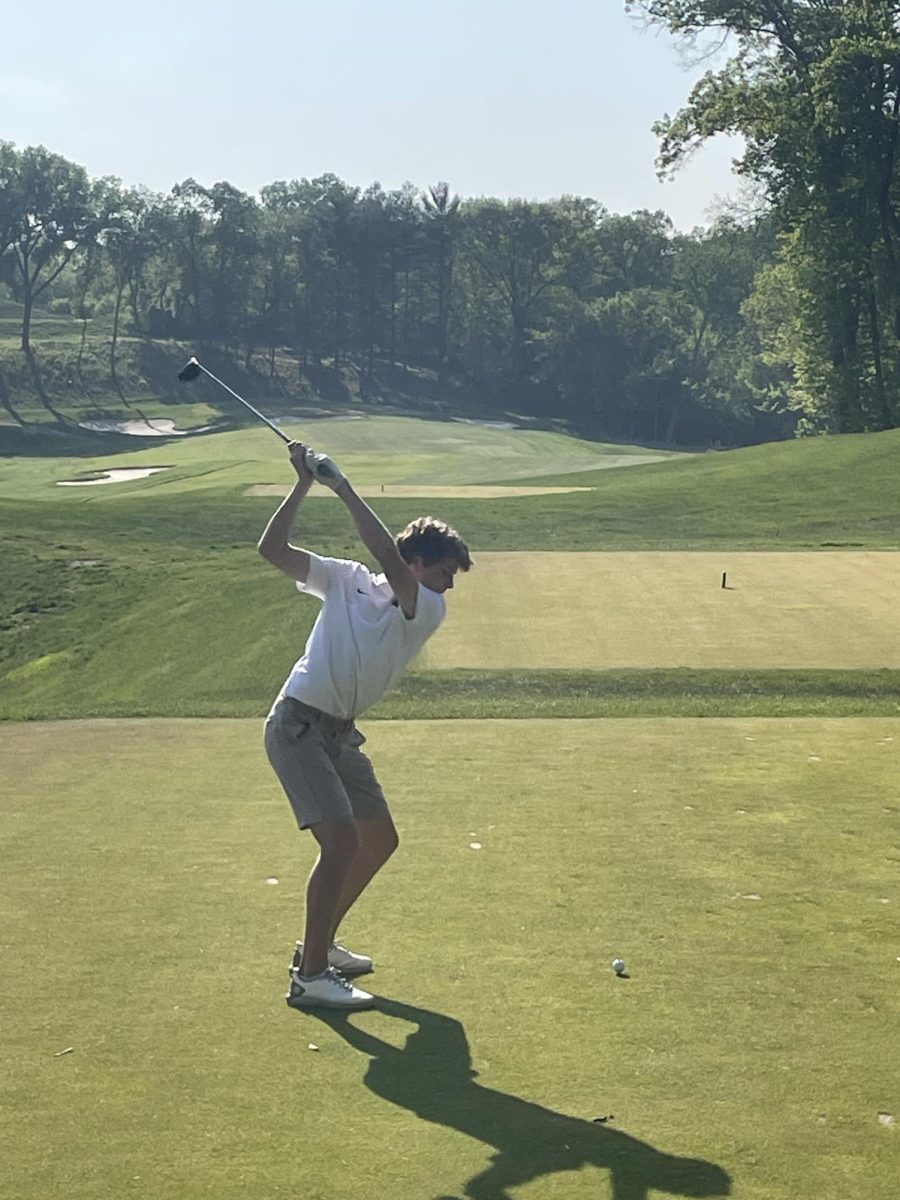Passionate Pursuits Outside the Classroom
“‘The writer is merely the reader moved to emulation,’ [is] a quote I really love by Saul Bellow,” said Mike Bazzett, an English teacher and published author. “[Writing is] very much an extension of reading, and when the river starts to flow in the other direction, it’s almost like a natural extension of that process.” While Bazzett has published five of his own poetry collections, he’s currently working on a collection of translated poems from Guatemalan writer Humberto Ak’abal to accompany his 2018 translation of a Mayan creation myth.
“The source language of that myth is K’iche’ Maya which is one of the dialects of Maya spoken in Guatemala today,” Bazzett said. “[Ak’abal] was a K’iche’ Maya poet. It was kind of through that connection that I heard of him and connected with him. Unfortunately, he passed away [in 2019], but I have translated 150 of his poems and [for] a book called “If Today Were Tomorrow.” Bazzett explained that “[Ak’abal] translates [his poems] into Spanish to get a broader audience,” and then Bazzett translates them into English with the goal of making Ak’abal’s writing even more accessible. “That’s your dream as a translator. You are just trying to be a bridge to someone who you think is a great writer,” he said. “The thing I like about translation is there’s a puzzle element to it,” Bazzett said. “[Ak’abal will] have these little poems that are 20 words, so setting up the initial translation, I can do that in ten minutes. But how do you capture the impact?”
“Because the book is in production, I have to make time to do the proofreading and line editing,” Bazzett said. “Teaching is very much a full-time job, and one I’m passionate about. Poetry could kind of fit in the summer and sometimes in-between spaces.” He added, “In the ideal world, the two can infuse one another. I think every book so far has had an ‘Odyssey’ poem in it because it’s a text that I’ve taught.”
“If Today Were Tomorrow” will come out with Milkweed Editions in June 2024 and Bazzett has a book of his own poetry in the works for 2026.
For the past 20 years, calculus teacher, Andy Cantrell has been working on how to reinvent how calculus is taught. This interest eventually manifested into a book he has been writing since starting at the Upper School 13 years ago. The book is aptly titled “Living Calculus.” Cantrell added, “Blake let me develop [my ideas] into a curriculum for a class but now it’s like we’ve got this class and no book, and somebody’s got to write the book.”
Cantrell came up with the idea while he was tutoring calculus at Yale University. “The question I would always get asked is ‘Is it a derivative or is it an integral?’” he said. “Kids would be really good with all the rules. I’d just think, ‘You people are completely missing the point.’ If you look at the standard curriculum, it’s designed to teach you how to follow the rules, not really to think about what you’re doing.”
Cantrell described his book as a “multiphased project,” with the potential for three volumes. The first, what he is currently working on, is meant to apply to all students, even ones using a different textbook. “I sort of gloss over the things that are easily available to anybody online…What you need is ‘what does the power rule mean, how do you use it,” Cantrell said. “One way of looking at this book is trying to complement what already exists.” The next would be, as Cantrell said, “a complete volume that is a standalone thing,” where it is used as a singular textbook. The final volume would be a teacher’s manual.
Cantrell instructs his classes using his book and views his curriculum as “an ongoing dialogue between the book and the class and the students.” He incorporates feedback from students and looks for where students are confused to see what needs to be improved or rephrased.
“I interviewed at a lot of different schools and every single one of them said ‘Well you’ve got a lot of really good ideas, go figure it out somewhere else, and then come back here.’” Cantrell explained that after getting rejected and rejected, Blake was the one school that said “‘we want you to come here next year and do it.’”
Between teaching choir and writing curriculum for Public Broadcasting Service (PBS), Natalia Romero Arbeláez is an educator and artist in all senses. Romero hosted season two of “Stage,” a Twin Cities PBS series focused on bringing local live music to people’s homes. She attended concerts, interviewed artists, and educated audiences. “It was really fun because I got to see these concerts and give the audience background, some of the history, and also interview artists directly to say ‘tell me more about this’ to break it down for audience members,” Romero explained.
Romero’s favorite part of working as a host were the connections she was able to make with artists. “It was just very human to talk to people that you hear on the radio and pop up on my Spotify, for them to just talk about real things,” she said. Romero recalled when she had the chance to meet Nur-D, a local hip-hop artist, who she was already a big fan of. She noted, “Nur-d is a super cool artist. After George Floyd was murdered, he wrote these two albums based on the uprising that happened in South Minneapolis that were just incredible. For people that were protesting, he helped train them so they knew how to protect themselves. I would have never thought that. It was a really human moment.”
The last episode of the season was filmed with a studio audience present during the process. “If you make a mistake you can just do it again, but there’s people watching you make a mistake. It was cool because there were a bunch of my friends in the audience and my partner was in the audience. It was really cool to have them there seeing what happens,” Romero explained. She enjoyed broadening her work to reach a large audience and contribute to a greater cause while also using her skills as a teacher. Romero commented, “My voice appeared on the radio at one point because we had to do voice over ads. I was driving and I was like ‘is that me?!’ It was kind of cool to be the face of something that is all about local music which is what I do here as an artist at [Blake].”

